The Controversial Adopt Don't shop
An Animal rights campaign to prevent animals from ending up in shelters does more harm than good.

We've all heard the phrases before. Adopt don't shop. Rescue is best, Don't breed and buy while shelter dogs die. These are just a few phrases that rescue use to convince the public that breeding animals for show, work, or pet homes are bad and that anything you need a pet for you can find in a shelter or rescue pet. Sometimes that is true.
However, not all working animals or companions can come from a rescue environment. A lot of time even as kittens or puppies rescue animals can have plenty of physical and emotional health issues that can greatly impact their livelihood. (look at Major the president's rescue German shepherd puppy, same with Commander.)
Adopt Don't Shop was created by a non-profit rescue group. This sparked the movement that we see today. This started as a way to have people get their animals from shelters instead of shopping from pet stores where puppies and kittens come from large "Breeders" Often better known as mills that are abusive to the breeding animals and only breed animals for profit to send the animals to stores to be sold to the unsuspecting public that don't know any better. But it became a much broader statement to include ethical breeders.
This is especially seen with Animal rights groups who believe animals should not be used for anything, food, work, entertainment, companionship/ownership.
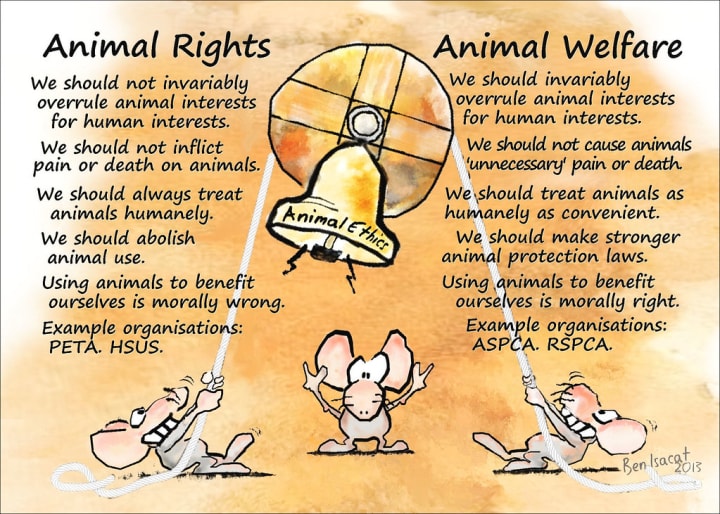
Animal welfare believes that animals can be used for us as long as we take their of their needs as well. (Food, shelter, physical and mental health, etc.)
Animal rescues and shelters are a great way to obtain a pet or even a working animal. Not all rescues are created equal. Animal rescues/shelters aren't always regulated and there isn't much to know if a rescue or shelter is legitimate or not. There have been cases of dogs coming from a well-known rescue or shelter and it turns out that the animals haven't been well treated by that rescue or shelter.
If you do choose the rescue route please make sure you do your research as you would with a breeder. Again neither rescues nor breeders are regulated. So doing your research is essential to getting the right pet for you and your needs.
Adopt Don't Shop is often presented by Animal rights groups as the only way to obtain an animal which is just not the case at all. Breeders are important to keep certain breeds of dogs and cats alive. Adopt don't shop is not the solution. As long as an animal is from a reputable breeder or rescue you will receive a life companion.
Breeders are also important to help keep a breed of dog or cat from going extinct. This is known as preservation breeding according to the AKC.
"Breed preservation is needed at every level: the passionate pet owner who talks about her dog at Starbucks and the dog park; the competitive exhibitor who wants to participate in Groups with something different; and the experienced breeder who can share decades of knowledge to help an uncommon breed become better known. The struggle is real and it deserves everyone’s best effort."
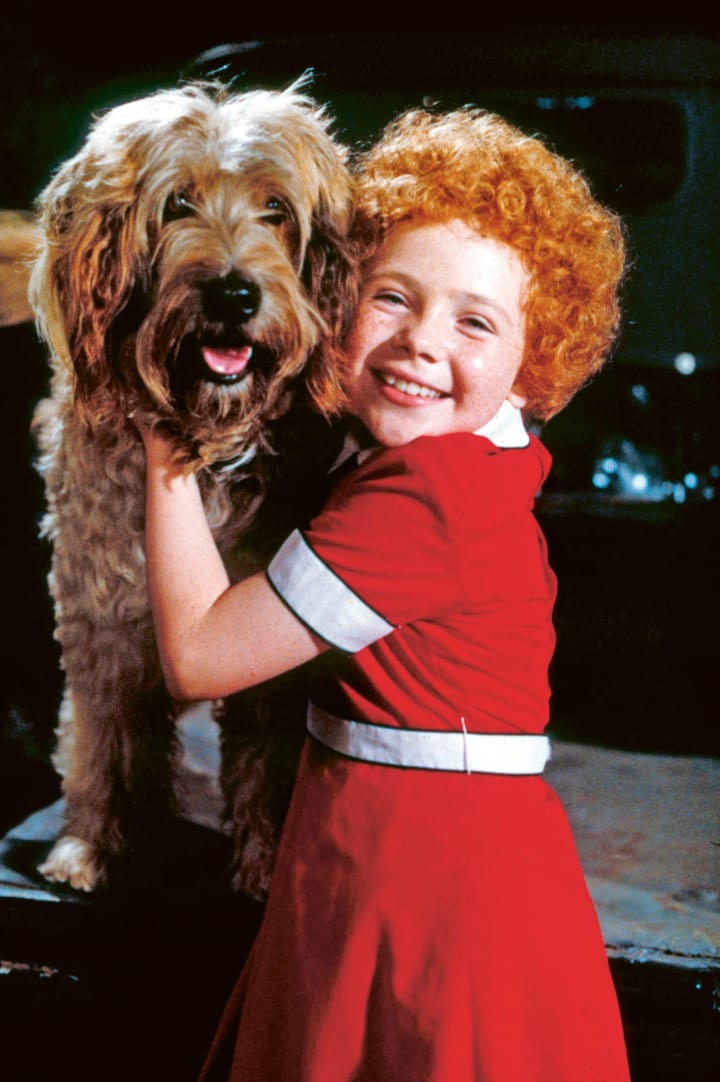
Breed preservation keeps unique breeds like the Glenn of Imaal terrier, Dandie Dimont. (The only dog breed named after a fictional character.) The Otterhound (The breed that played Sandy in the original Annie movie.), The Puli, and Mudi among others. Even breeds that are more well known like the Dalmatian. Breeders have been making sure that the Dalmatian will be bred to do what it was originally bred to do being carriage dogs and assisting early horse-drawn fire engines. Now there's a sport known as Road trials so the Dalmatians can still be used for their original purpose and highlighting the breed's history.
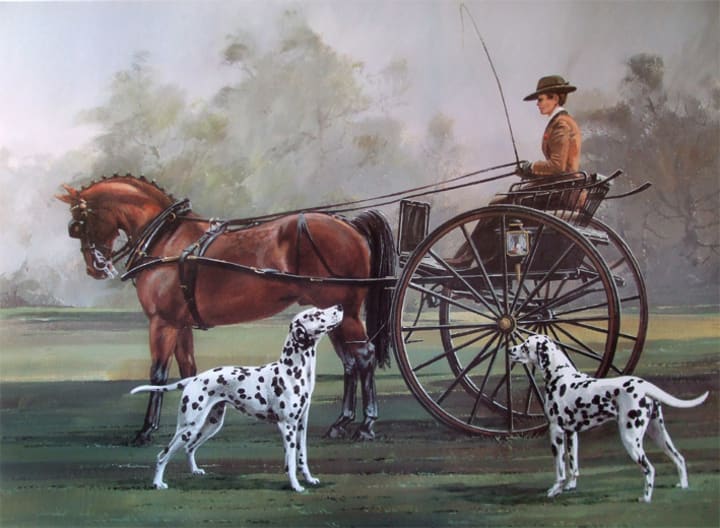
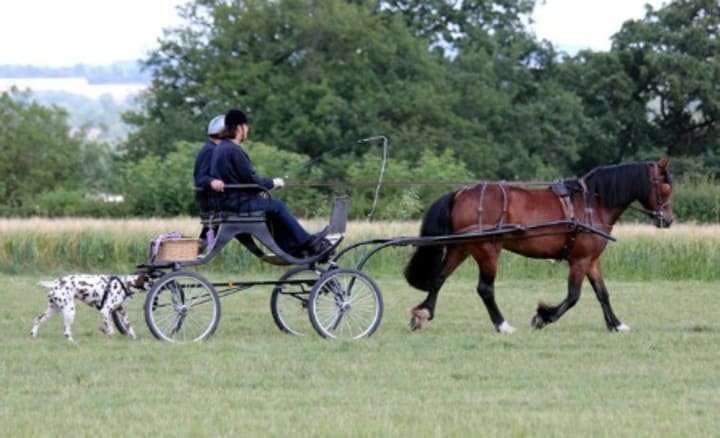
Breeding allows certain breeds to exist and without breeders, there would be no purebred cats or dogs despite the claim that reputable breeder animals end up in the shelter after use or animals from breeders end up in shelters. That's not true either. Reputable breeders are normally always willing to take back an animal that doesn't fit in a home and often once breeding animals are retired they get to live their lives as pets. Breeding is also important for service dogs, show dogs, sports dogs, etc. Not just for show or companionship.
Adopt Don't Shop pushes adoption because people are often taught that breeders don't care for their dogs but it's the exact opposite. Reputable breeders want to improve their breed as well as stick to the standard of whatever dog or cat they choose to breed. Places like Puppy and Kitten mills are only done for profit and the breeding animals are kept in horrific and abysmal conditions.
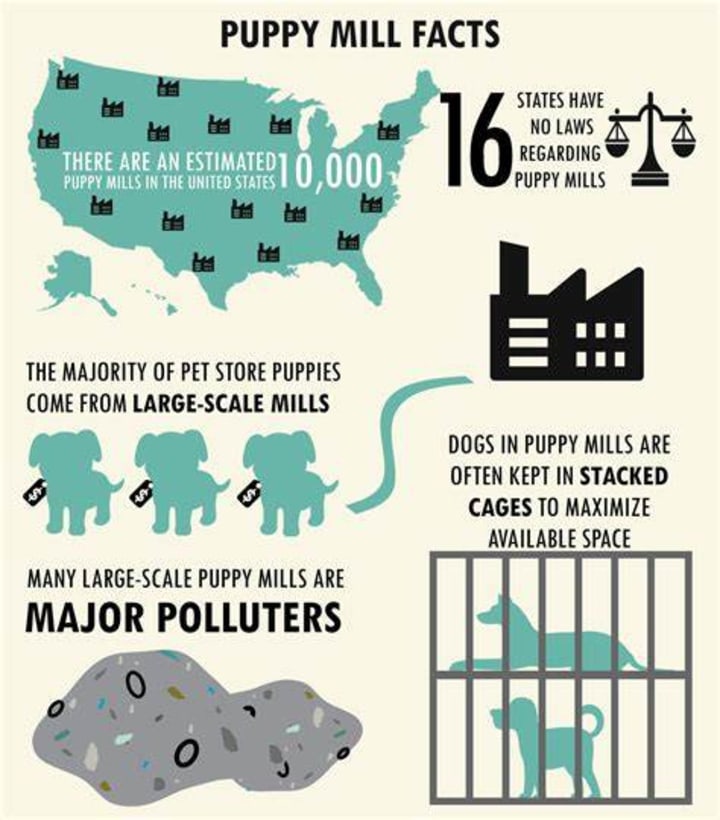
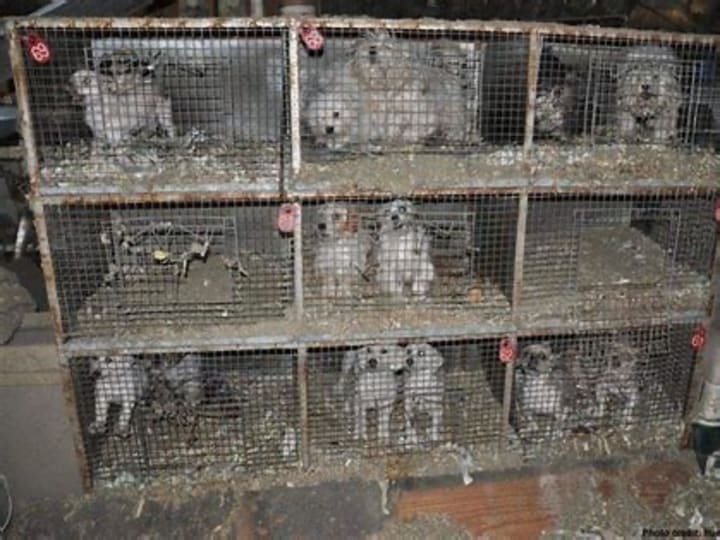
People who buy these puppies or Kittens believe they are helping the animals when in reality they are allowing for the suffering of more animals needing to be bred to meet demand. (This can also be the case for reptiles, Guinea pigs, Bunnies, Hamsters, Birds, and even fish sold in pet stores. to meet demand.)
According to Red Rover.org if your looking to adopt a rescue animal but aren't sure about if a rescue is legit. Look for the following qualities.
1. Is a registered 501(c)(3) charity. Check charitynavigator.org or the BBB Wise Giving Alliance to verify. Read reviews on GreatNonprofits.org.
2. Has a board of directors and a robust roster of volunteers.
3. Regularly attends or offers adoption events.
4. Responds to inquiries promptly and is willing to speak over the phone.
5. Answers your questions about how they operate, the number of animals they have and where they get them, how many adoptions they complete annually, how many foster homes they have, their annual budget, and their spay/neuter policy.
6. Has a facility that is clean and organized and the animals appear fed and healthy. If the group operates solely out of foster homes, the ratio of foster homes to total number of animals isn’t alarming.
7. Complies with local restrictions on the number of animals allowed per residence and other laws that pertain to running a shelter, such as having a kennel license.
8. Has a positive reputation in the community among veterinarians, animal shelters, and pet owners.
While Rescuing Animals is a great way to give an animal a better life. It is important to note that not all rescues are created equal just like breeders. Adopt Don't Shop doesn't take into account a person's wants or needs when it comes to wanting a certain kind of animal they just consistently push adoptions because they believe it's the only way.
Animals can come from a reputable rescue or a breeder and both pets can have loving fulfilling and safe lives when in the right home.
About the Creator
Enjoyed the story? Support the Creator.
Subscribe for free to receive all their stories in your feed.




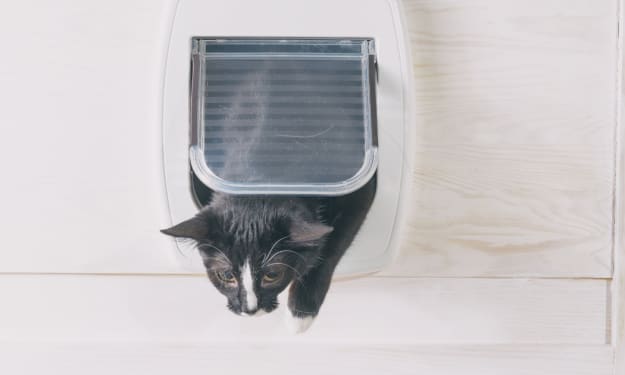
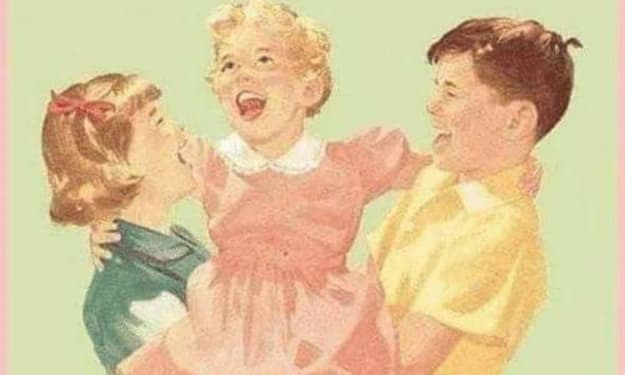
Comments
There are no comments for this story
Be the first to respond and start the conversation.